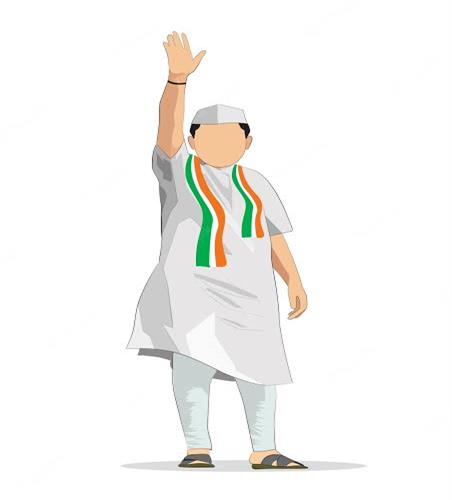In India, the minimum educational qualifications required to become a Member of Legislative Assembly (MLA), Member of Parliament (MP), or a minister vary depending on the state or region. However, the Constitution of India does not specify any educational qualifications for these positions.
As per the Representation of the People Act, 1951, the minimum educational qualification required for contesting an election to the Lok Sabha or a state legislative assembly is that the candidate should be able to read and write in any language recognized by the Constitution. This means that a person who has completed primary education and is literate can contest elections to become an MLA or MP.
However, some states in India have introduced educational qualifications for MLAs and MPs. For example, in Haryana, a person contesting elections for the state legislative assembly must have passed at least 10th standard, while in Rajasthan, a candidate must have completed at least 12th standard. Similarly, in Tamil Nadu, a person contesting elections for the state legislative assembly must have passed at least 10th standard and in Kerala, a person contesting elections for the state legislative assembly must have passed at least 10th standard or its equivalent.
The educational qualifications required to become a minister in India are also not specified in the Constitution. However, in practice, most ministers are well-educated and possess at least a bachelor's degree or higher. The prime minister or the chief minister of a state may also consider educational qualifications while appointing ministers to their cabinet.
It is important to note that while educational qualifications are not a requirement to become an MLA, MP or minister, it is often considered an important factor by voters while choosing their representatives. Educated candidates are often viewed as being more capable of understanding the complex issues facing the country and are often considered more credible by the electorate.